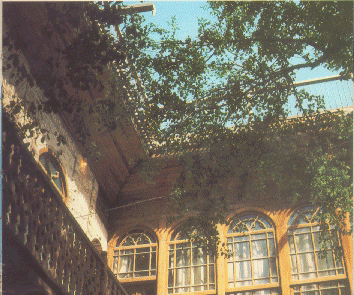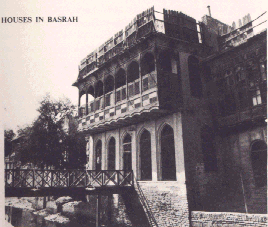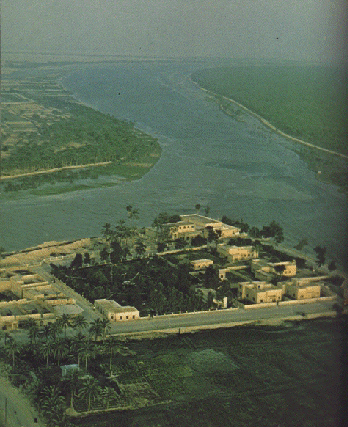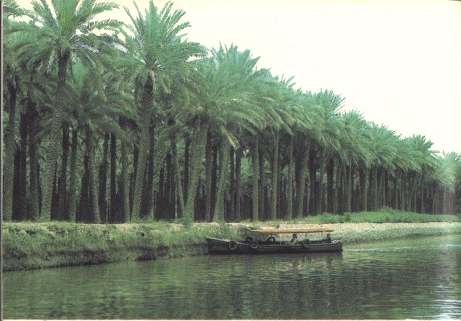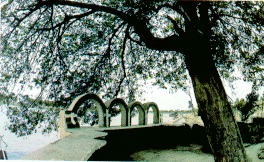Main Page
Iraq Page
Al-Basra

Baghdad
Western Iraq
Al-Mousil
Al-Najaf
Irbil
Karballa
Marshes
Sammara
-
The second largest city in Iraq, Basra has a long and distinguished history.
Basra was founded in 637 AD by Utba bin Ghazwan on orders from the
Caliph Omar Ibn Al-Khattab. Within 40 years it had a population of
about 300,000.
Al-Basrah (the Arabic version of the name) has been a great source for
scientists. Great names such as Abu Al-Aswad Al-Du'ali, Hassan Al-Basri,
Ibn Al-Haiythem, Al-Faraheedi, Ibn Serene and Al-Asma'i have been
Basra's gifts to the sciences and arts.
